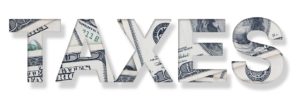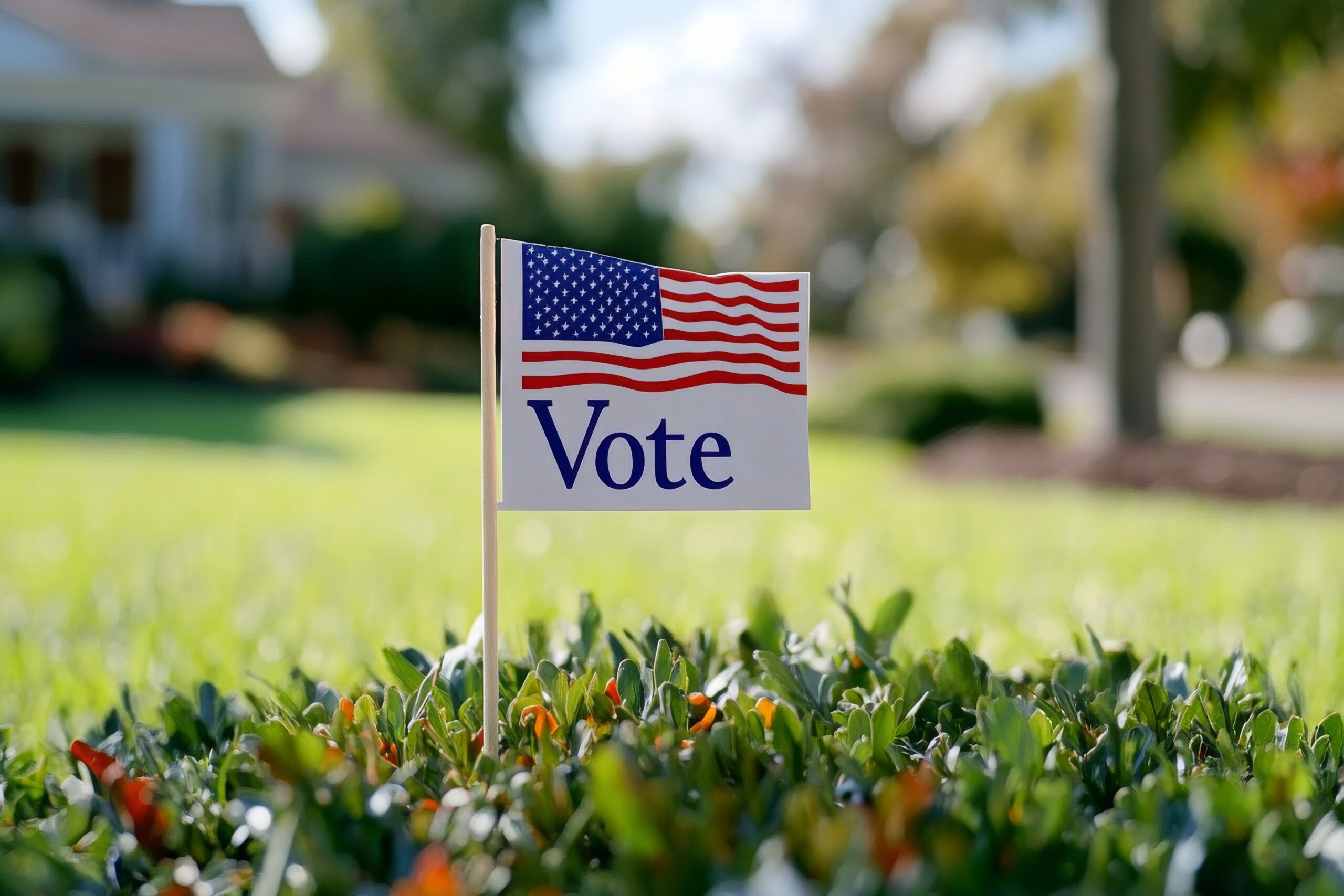 In 2018, the United States Supreme Court issued a landmark decision in South Dakota v. Wayfair, Inc. (“Wayfair”). In Wayfair, the Court overturned decades of existing precedent by ruling that states could impose sales tax collection (and other requirements) on out-of-state retailers who only conducted online sales in states without maintaining a physical presence. The Court based its decision on a South Dakota law that deemed nexus (and the subsequent imposition of sales tax collection requirements) on out-of-state retailers if certain sales and/or transaction thresholds were exceeded (typically $100,000 in sales and/or 200 transactions sourced to that particular state on an annual basis, although thresholds do vary on a state-by-state basis).
In 2018, the United States Supreme Court issued a landmark decision in South Dakota v. Wayfair, Inc. (“Wayfair”). In Wayfair, the Court overturned decades of existing precedent by ruling that states could impose sales tax collection (and other requirements) on out-of-state retailers who only conducted online sales in states without maintaining a physical presence. The Court based its decision on a South Dakota law that deemed nexus (and the subsequent imposition of sales tax collection requirements) on out-of-state retailers if certain sales and/or transaction thresholds were exceeded (typically $100,000 in sales and/or 200 transactions sourced to that particular state on an annual basis, although thresholds do vary on a state-by-state basis).
Similar to the popular phrase commonly used by pundits when referring to NFL coaching philosophies, state tax departments all over America quickly found themselves becoming a “Copy-Cat League.” States without existing “Wayfair laws” rushed to pass similar laws to ensure they received their piece of the sales tax revenue pie. By the end of 2019, a vast majority of states, including Pennsylvania, had passed “Wayfair laws”. Although these new “Wayfair laws” are fully enforceable once enacted (including penalties and interest for non-compliance), in practice, most states have given companies and individuals a “free pass” to register for sales tax and become compliant prior to tax year 2020. Accordingly, it is expected that state tax departments will begin aggressively enforcing these new laws this year.
In addition, in late 2019, the Pennsylvania Department of Revenue issued Corporation Tax Bulletin 2019-04, which imposed economic nexus standards for Pennsylvania’s corporate net income tax. Similar to Pennsylvania’s sales tax economic nexus standards (which are based on exceeding annual sales thresholds), if a taxpayer has $500,000 or greater of direct or indirect gross receipts from any combination of its Pennsylvania sourced receipts under Pennsylvania’s sales factor rules, the taxpayer will have a rebuttable presumption of nexus. Additionally, exceeding this threshold will mandate a corresponding filing requirement with the PA Department of Revenue. It should be noted that the protections of P.L. 86-272 (a federal law that provides if a company’s activities within the state are limited to only the solicitation of sales, it is exempt from income tax) still apply, but if the $500,000 threshold is exceeded, the taxpayer still must file a tax report and claim 86-272 protection. This particular issue will likely have additional guidance in the coming months.
Pennsylvania has proven to be an early adopter of economic nexus rules for both sales and corporate net income tax. Although it is more likely than not that the new Corporation Tax Bulletin will ultimately be challenged in the Commonwealth court system, as of January 1, 2020, its provisions should be followed. In addition, with the surge in revenue that the new economic nexus standards provide, more states will likely want to join the economic nexus party.
If you have questions or concerns regarding the impact of the new tax laws on your business or personal situation, please contact a member of the Corporate, Business and Banking Department.








